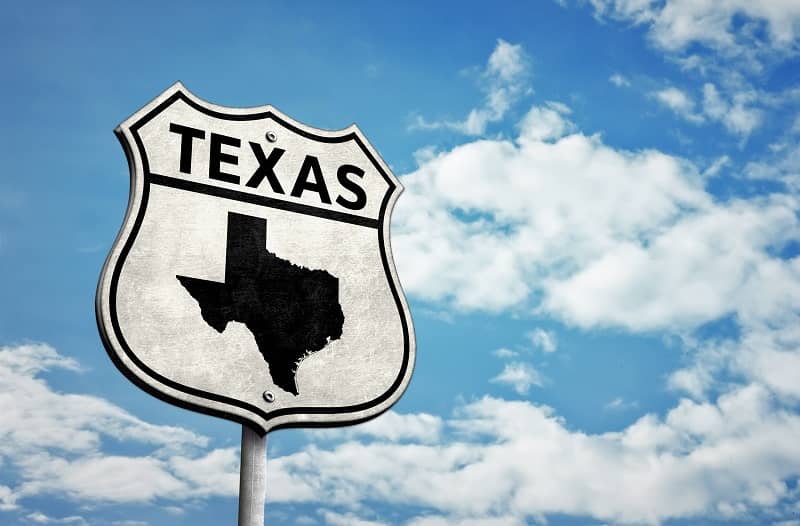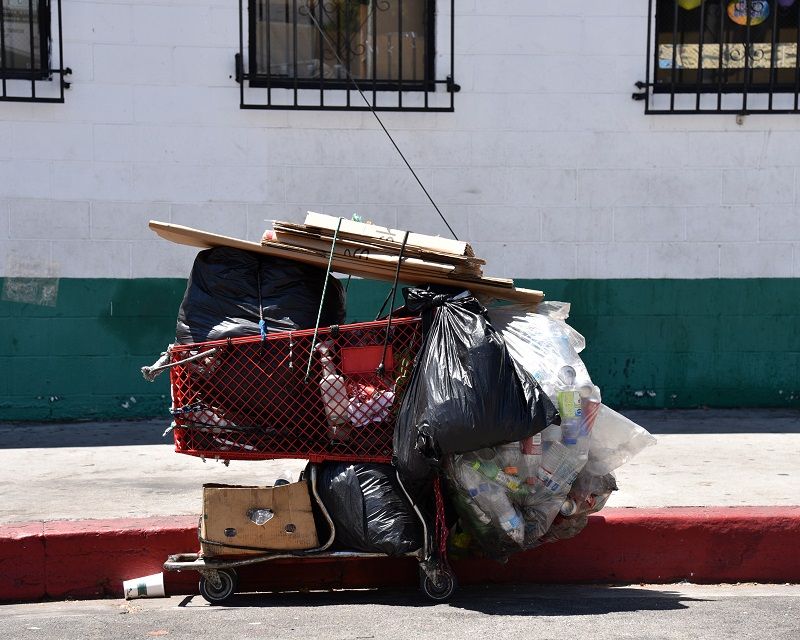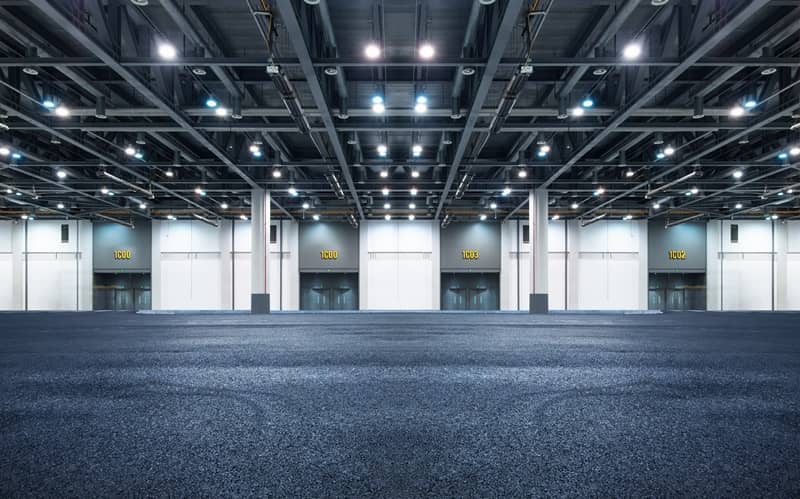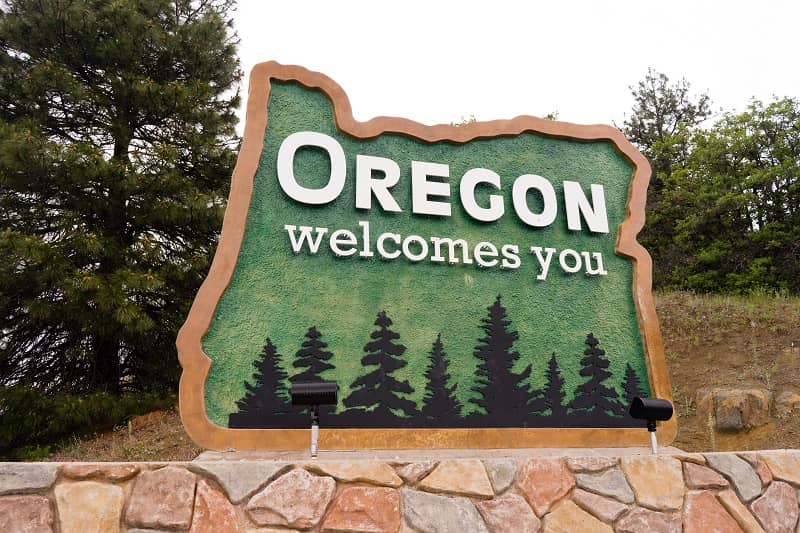

The opposition to globalization and free trade is now evident in a new movement called Buy Local First. Its proponents argue that we will all be better off if we simply shop at local stores and buy locally made products. They complain that Wal-Mart, for example, pays its workers too little and drives local merchants out of business.
Economists have exposed the fallacies of such thinking over the centuries. Henry George may have said it best when in 1886 he wrote:
“If to prevent trade were to stimulate industry and promote prosperity, then the localities where he was most isolated would show the first advances of man. The natural protection to home industry afforded by rugged mountain-chains, by burning deserts, or by seas too wide and tempestuous for…the early mariner, would have given us the first glimmerings of civilization and shown its most rapid growth. But, in fact, it is where trade could be best carried on that we find wealth first accumulating and civilization beginning. It is on accessible harbors, by navigable rivers and much traveled highways that we find cities arising and the arts and sciences developing.”
Portland was located on two navigable rivers for a reason. Early settlers knew that having access to world markets was good. When people freely choose to trade with one another, consumers have access to more products at better prices, and workers have more job opportunities. Everyone benefits. We forget such lessons at our peril.
© 2006, Cascade Policy Institute. All rights reserved. Permission to reprint in whole or in part is hereby granted, provided the author and Cascade Policy Institute are cited. Contact Cascade at (503) 242-0900 to arrange print or broadcast interviews on this topic. For more topics visit the QuickPoint! archive.











